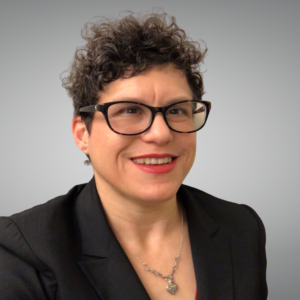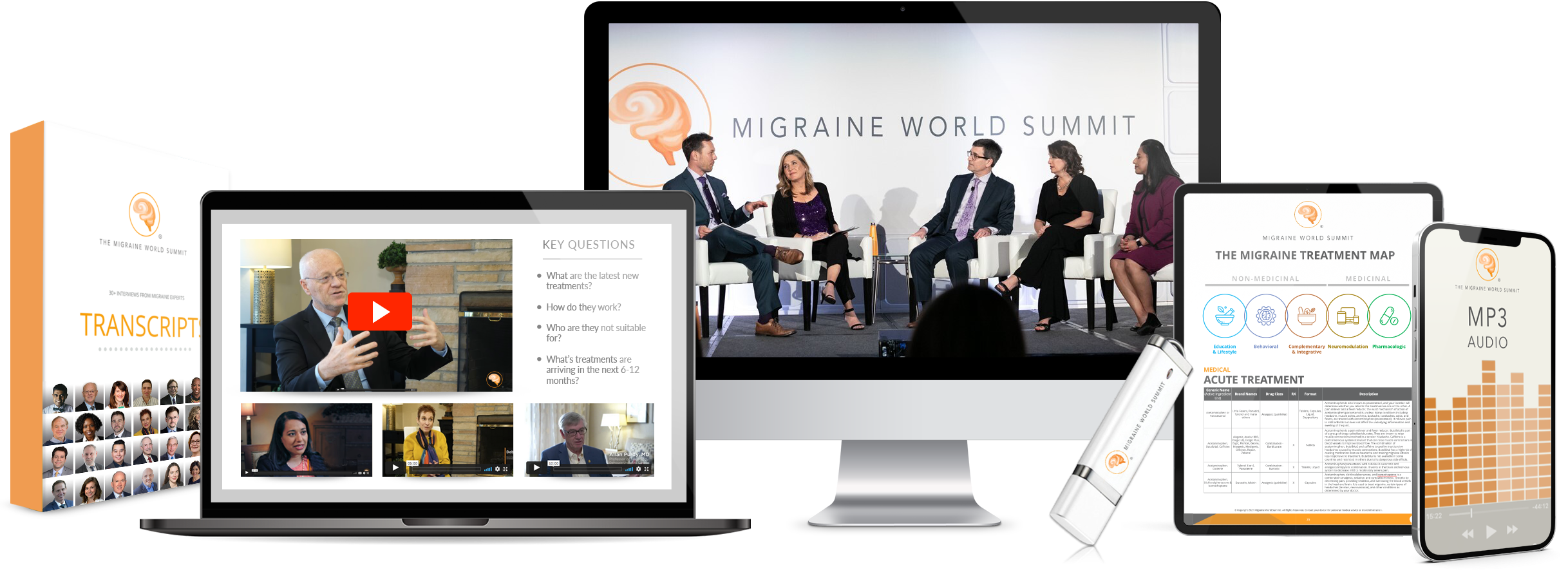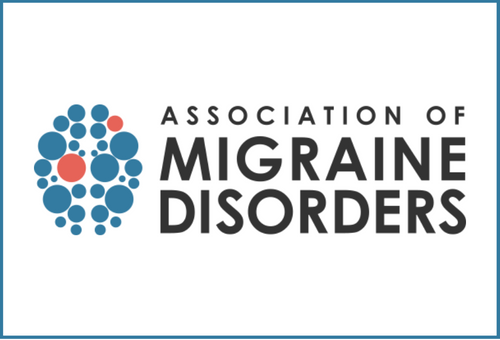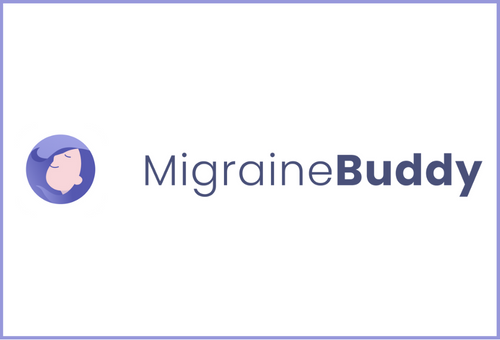How to Get Back From Chronic to Episodic Migraine
You are currently watching a preview of this interview. Unlock the full version by upgrading to an Access Pass bundle! Get FREE access to 8 expert interviews from Day 1 and Day 2 when you register today!
Key Questions
- What’s the difference between chronic and episodic migraine?
- How do we determine what counts as a headache day?
- How is high-frequency episodic migraine diagnosed?
- What are some risk factors that might lead to migraine becoming chronic?
- What medications are most likely to lead to chronic migraine?
- What can doctors tell their patients with chronic migraine who say they’ve “tried everything”?
- What can be done if our preventive medication is no longer working?
- How long should injectable medications like CGRP monoclonal antibodies be tried before determining its effectiveness?
- When are infusion treatments appropriate for people with chronic migraine?
- What are some of the barriers that patients face in managing chronic migraine?
- For a person with chronic migraine, how often is too often to be using an acute medication?
- What guidance can physicians offer to chronic migraine patients who are having symptoms nearly every day, but know that the more they use medication, the worse they might get?
- How can people with chronic migraine identify what it means to “treat early” in an attack when their symptoms and migraine phases often overlap?
- What are some nonmedicinal options for migraine?
- What is an example of a success story of a patient who successfully transitioned from chronic to episodic migraine?
Interview Notes
- Dr. Stephanie Nahas
- Jefferson Headache Center
- Miles for Migraine
- Alliance for Headache Disorders Advocacy
- Twitter: @JeffHeadacheCtr
- Instagram: @stephanienahasgeiger
Treatments Mentioned
- CGRP monoclonal antibodies (mAbs)
- CGRP receptor antagonists (gepants)
- Cognitive behavioral therapy (CBT)
- Exercise
- Infusion treatments
- Meditation
- Mindfulness
- NSAIDs
- Tai chi
- Triptans
- Yoga
Please note: The Migraine World Summit’s aim is to bring you a variety of perspectives and expertise, independent of bias or judgment. Alternative theories presented in this video have not been medically reviewed. Views expressed in this interview do not necessarily represent the views of the Migraine World Summit. Please always consult your health care professional and do your own research before making changes to your treatment plan.

Stephanie J. Nahas, MD, MSEd, FAHS, FAAN
Associate Professor, Department of Neurology
Thomas Jefferson University
Stephanie Nahas, MD, MSEd, FAHS, FAAN completed her undergraduate degree in biology at Harvard University before earning her MD at Rush Medical College. She completed her internship at Rush, followed by a neurology residency and a fellowship in headache medicine at Thomas Jefferson University Hospital. In 2007, she became the fellowship program director at the Jefferson Headache Center, where she is currently an associate professor in the Department of Neurology.
A committed advocate for migraine patients, she has regularly attended Headache on the Hill with the Alliance for Headache Disorders Advocacy (AHDA) in Washington, D.C., since 2007. She has also served on the AHDA board of directors since 2018.
For the American Headache Society (AHS), she is currently serving her first term as an at-large member of the board of directors, and she also serves on the Education and Scottsdale Program Planning committees. In the past, she has been chair or co-chair of several Special Interest Sections of the AHS. She is an original member of the First Contact: Headache in Primary Care Working Group, and presently serves as senior adviser.
Dr. Nahas is section editor for Current Pain and Headache Reports, and is a member of and test-item writer for the United Council for Neurologic Subspecialties Headache Medicine exam committee.

Get all the 2025 interviews, videos, audio, transcripts, and more. Why upgrade?
- Can’t attend live? Watch anytime
- Prefer reading or listening? Get transcripts and audio
- Want to dive deeper? Explore the additional footage & resources
- Need ongoing support? Reference expert advice year-round
- Lifetime access to 2025, no annual fee
Related Talks for: Day 5 (2023)
Could You Have Medication Overuse Headache?
Gisela Terwindt, MD, PhD
Safety Update: DHE, Triptans, Magnesium, Butterbur & More
Alexander Mauskop, MD
Real-World Data on Treatments, Triggers & Weather
Francois Cadiou
The Association of Migraine Disorders (AMD) is devoted to expanding the understanding of migraine disease and its true scope. Migraine is a full body condition with a broad spectrum of symptoms, AMD is focused on including many medical specialties in the management of this disease.
Migraine Buddy is the #1 headache and migraine tracking application. Recommended by the best neurologists in the world, we empower our users to learn and communicate about their condition. Our community of 2.8 million contribute to migraine awareness and research.

One of the best compliments you can give is a 5-star review on Google or a short video sharing how the Summit has helped. You can help others feel confident in the Migraine World Summit. Inspire others to improve their condition through education & self-advocacy.







